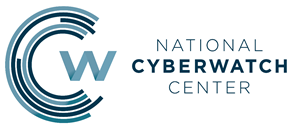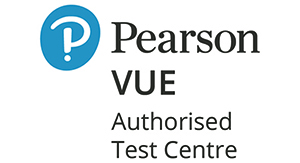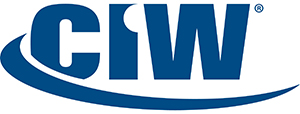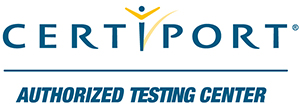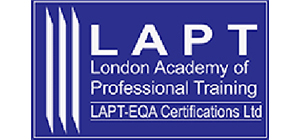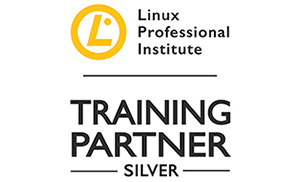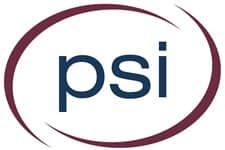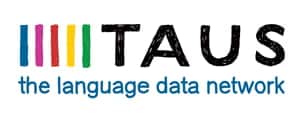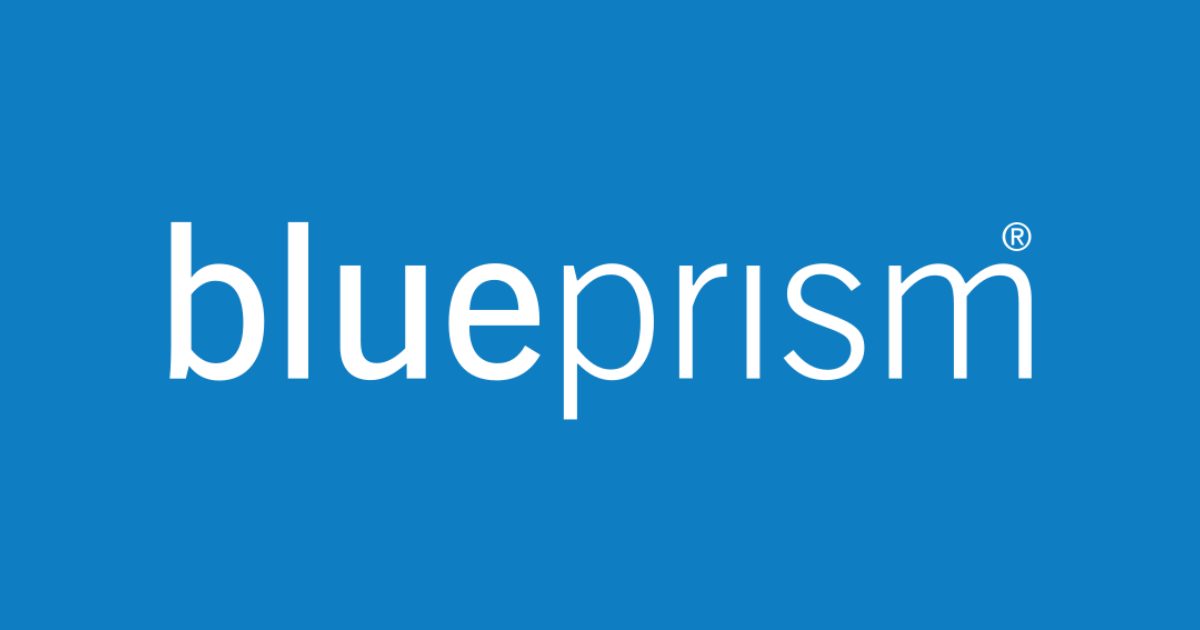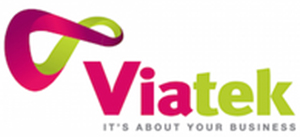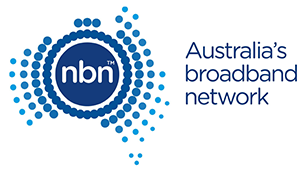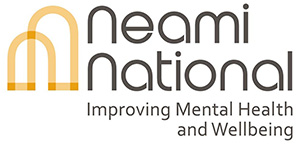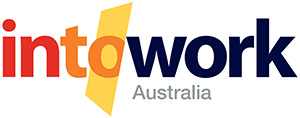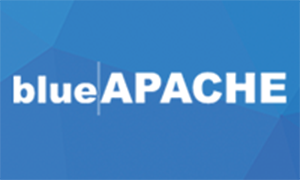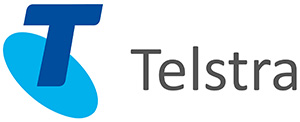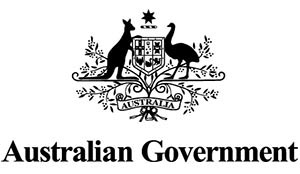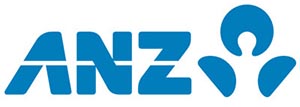AZ-400 Designing and Implementing Microsoft DevOps Solutions Training Course
AZ-400: Designing and Implementing Microsoft DevOps Solutions Training Course
In the new tech world, companies are now moving and improving their service to more reliable and available data on the cloud platform. Designing and Implementing Microsoft DevOps Solutions certificate provides you to enhance your skills and gain more career opportunities as an Azure DevOps engineer. This certificate training is an expert-level certificate in designing and implementing an Azure solution. Designing and Implementing Microsoft DevOps Solutions certificate validates your knowledge in designing a DevOps strategy, implementing continuous integration, implementing dependency management, implementing DevOps development processes, implementing continuous delivery, implementing application infrastructure.
This certificate provides you with designing and implementing skills to provide DevOps solutions on the Microsoft Azure service.
Designing and Implementing Microsoft DevOps Solutions certification course, you will learn Azure artifacts, test plans, DevOps database, Azure pipelines, Azure boards and Azure repos. Passing the exam certifies you as a Microsoft Certified Azure DevOps Engineer.
Logitrain provides you with practical training as well as theoretical knowledge to build your skills in Azure DevOps skills
Experience in Azure development and DevOps recommended
Candidates can achieve this certification by passing the following exam(s).
AZ 400 Designing and Implementing Microsoft DevOps Solutions certification exam.
The certification exam can be registered and attempted within 3 months of course/module completion at Logitrain training centre on weekdays during normal business hours (excludes public holidays)
Logitrain provides course material for AZ 400 certification and Implementing DevOps with Microsoft Azure- Automate your deployments and incorporate the DevOps culture by Mitesh Soni Book.
- Manage security and compliance
- Implement Infrastructure as Code (IaC)
- Manage Azure Kubernetes Service infrastructure
- Implement infrastructure compliance and security
- Recommend and design system feedback mechanisms
- Optimize feedback mechanisms
- Implement process for routing system feedback to development teams
- Design a release strategy
- Set up a release management workflow
- Implement an appropriate deployment pattern
- Design and implement an Agile work management approach
- Design a quality strategy
- Design a secure development process
- Implement a mobile DevOps strategy
- Managing application configuration and secrets
- Manage code quality and security policies
- Implement a container build strategy
- Implement a build strategy
- Design a tool integration strategy
- Design a version control strategy
- Implement and integrate source control
- Implement and manage build infrastructure
- Recommend a migration and consolidation strategy for DevOps tools
- Design a dependency management strategy
- Design an infrastructure and configuration management strategy
This course is likely to add to the employment-related skills of the participants. The skills developed are likely to be used in the course of being an employee or working in a business.
- Azure DevOps engineer
- Application developer
- Data engineer Azure
- Cloud engineer
- Analyse existing artifact (e.g., deployment packages, NuGet, Maven, npm) and container repositories
- Analyse existing test management tools
- Analyse existing work management tools
- Recommend migration and integration strategies for artifact repositories, source control, test management, and work management
- Identify and recommend project metrics, KPIs, and DevOps measurements (e.g., cycle time, lead time, WIP limit)
- Recommend branching models
- Recommend version control systems
- Recommend code flow strategy
- Implement tools and processes to support Agile work management
- Mentor team members on Agile techniques and practices
- Recommend an organization structure that supports scaling Agile practices
- Recommend in-team and cross-team collaboration mechanisms
- Analyse existing quality environment
- Identify and recommend quality metrics
- Recommend a strategy for feature flag lifecycle
- Recommend a strategy for measuring and managing technical debt
- Recommend changes to team structure to optimize quality
- Recommend performance testing strategy
- Inspect and validate code base for compliance
- Inspect and validate infrastructure for compliance
- Recommend a secure development strategy
- Recommend tools and practices to integrate code security validation (e.g., static code analysis)
- Recommend tools and practices to integrate infrastructure security validation
- Design a license management strategy (e.g., VSTS users, concurrent pipelines, test environments, open source software licensing, third-party DevOps tools and services, package management licensing)
- Design a strategy for end-to-end traceability from work items to working software
- Design a strategy for integrating monitoring and feedback to development teams
- Design an authentication and access strategy
- Design a strategy for integrating on-premises and cloud resources
- Implement private and hosted agents
- Integrate third party build systems
- Recommend strategy for concurrent pipelines
- Manage Azure pipeline configuration (e.g., agent queues, service endpoints, pools, webhooks)
- Implement pull request strategies
- Implement branch and fork strategies
- Configure branch policies
- Manage mobile target device sets and distribution groups
- Manage target UI test device sets
- Provision tester devices for deployment
- Create public and private distribution groups
- Implement a secure and compliant development process
- Implement general (non-secret) configuration data
- Manage secrets, tokens, and certificates
- Implement applications configurations (e.g., Web App, Azure Kubernetes Service, containers)
- Implement secrets management (e.g., Web App, Azure Kubernetes Service, containers, Azure Key Vault)
- Implement tools for managing security and compliance in the pipeline
- Monitor code quality
- Configure build to report on code coverage
- Manage automated test quality
- Manage test suites and categories
- Monitor quality of tests
- Integrate security analysis tools (e.g., SonarQube, White Source Bolt, Open Web Application Security Project)
- Create deployable images (e.g., Docker, Hub, Azure Container Registry)
- Analyze and integrate Docker multi-stage builds
- Design build triggers, tools, integrations, and workflow
- Implement a hybrid build process
- Implement multi-agent builds
- Recommend build tools and configuration (e.g. Azure Pipelines, Jenkins)
- Set up an automated build workflow
- Recommend release tools
- Identify and recommend release approvals and gates
- Recommend strategy for measuring quality of release and release process
- Recommend strategy for release notes and documentation
- Select appropriate deployment pattern
- Automate inspection of health signals for release approvals by using release gates
- Configure automated integration and functional test execution
- Create a release pipeline (e.g., Azure Kubernetes Service, Service Fabric, WebApp)
- Create multi-phase release pipelines
- Integrate secrets with release pipeline
- Provision and configure environments
- Manage and modularize tasks and templates (e.g., task and variable groups)
- Implement blue-green deployments
- Implement canary deployments
- Implement progressive exposure deployments
- Scale a release pipeline to deploy to multiple endpoints (e.g., deployment groups, Azure Kubernetes Service, Service Fabric)
- Recommend artifact management tools and practices (Azure Artifacts, npm, Maven, Nuget)
- Abstract common packages to enable sharing and reuse
- Inspect codebase to identify code dependencies that can be converted to packages
- Identify and recommend standardized package types and versions across the solution
- Refactor existing build pipelines to implement version strategy that publishes packages
- Inspect open source software packages for security and license compliance to align with corporate standards (e.g., GPLv3)
- Configure build pipeline to access package security and license rating (e.g., Black Duck, White Source)
- Configure secure access to package feeds
- Analyze existing and future hosting infrastructure
- Analyze existing Infrastructure as Code (IaC) technologies
- Design a strategy for managing technical debt on templates
- Design a strategy for using transient infrastructure for parts of a delivery lifecycle
- Design a strategy to mitigate infrastructure state drift
- Create nested resource templates
- Manage secrets in resource templates
- Provision Azure resources
- Recommend an Infrastructure as Code (IaC) strategy
- Recommend appropriate technologies for configuration management (e.g., ARM Templates, Terraform, Chef, Puppet, Ansible)
- Provision Azure Kubernetes Service (e.g., using ARM templates, CLI)
- Create deployment file for publishing to Azure Kubernetes Service (e.g., kubectl, Helm)
- Develop a scaling plan
- Implement compliance and security scanning
- Prevent drift by using configuration management tools
- Automate configuration management by using PowerShell Desired State Configuration (DSC)
- Automate configuration management by using a VM Agent with custom script extensions
- Set up an automated pipeline to inspect security and compliance
- Design practices to measure end-user satisfaction (e.g., Send a Smile, app analytics)
- Design processes to capture and analyse user feedback from external sources (e.g., Twitter, Reddit, Help Desk)
- Design routing for client application crash report data
- Recommend monitoring tools and technologies
- Recommend system and feature usage tracking tools
- Configure crash report integration for client applications
- Develop monitoring and status dashboards
- Implement routing for client application crash report data
- Implement tools to track system usage, feature usage, and flow
- Integrate and configure ticketing systems with development team’s work management system (e.g., IT Service Management connector, ServiceNow Cloud Management, App Insights work items)
- Analyse alerts to establish a baseline
- Analyse telemetry to establish a baseline
- Perform live site reviews and capture feedback for system outages
- Perform ongoing tuning to reduce meaningless or non-actionable alerts

Get a Certificate of Attendance to prove your commitment to learning

This training course does not have any exam associated with it

Course material in digital format is included for flexibility and ease of use

Practise questions are provided for better understanding of the key concepts

Attend the course with an instructor at our training center or from anywhere

Relax, we will beat competitor’s advertised price in Australia. Our course has no extra costs
| Location | Type | Duration | Price | Dates | |
|---|---|---|---|---|---|
| Location | Type | Duration | Price | Dates |
The supply of this course/package/program is governed by our terms and conditions. Please read them carefully before enrolling, as enrolment is conditional on acceptance of these terms and conditions. Proposed dates are given, courses run subject to availability and minimum registrations.
Find out why we are the leading choice to help boost your career in Australia
| Approachable and knowledgeable; comfortable surroundings. Logitrain does make IT training easier |
I recently followed the ITIL Foundation course at Logitrain. The training, materials and facilities were excellent and I would not hesitate to train with Logitrain again.
Thanks for a great week! Really enjoyed and feel I picked up a lot. Great Trainer! Will definitely look at further studies here.
Well-presented and able to convey immense knowledge to class. All queries were responded to promptly.
Excellent teaching method, easy to understand.
Logitrain provided a valuable insight into ITIL and enabled me to excel and advance my knowledge through a simple and well organised series of sessions.
Great place to study for certification, knowledgeable persons, excellent customer service. Ready to answer queries on the spot, very helpful.
The trainer was very patient and gave everybody the opportunity to participate.
The trainer explained everything very well. Logitrain was very helpful for me in getting a better overall understanding of CCNA. I previously had studied it 2 years earlier but required revision
Over 1000 organisations have relied on Logitrain to be their trusted training partner.

Don’t Wait. Please fill the form now.


